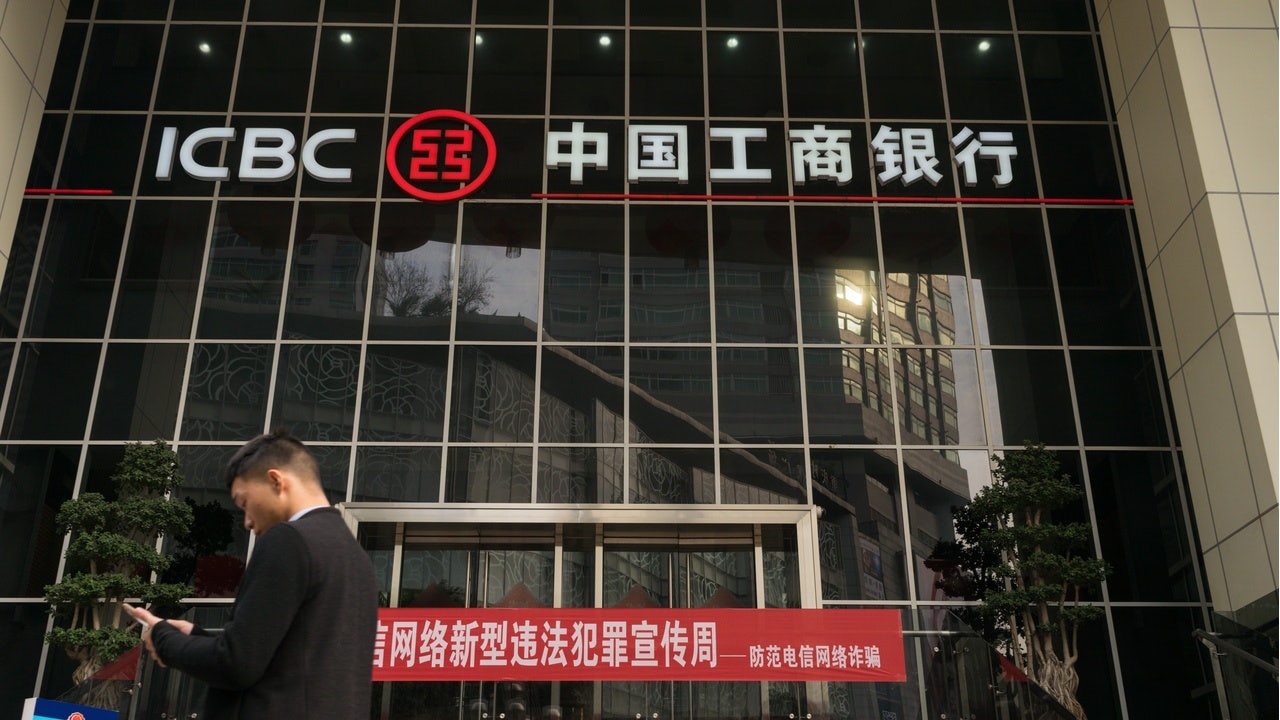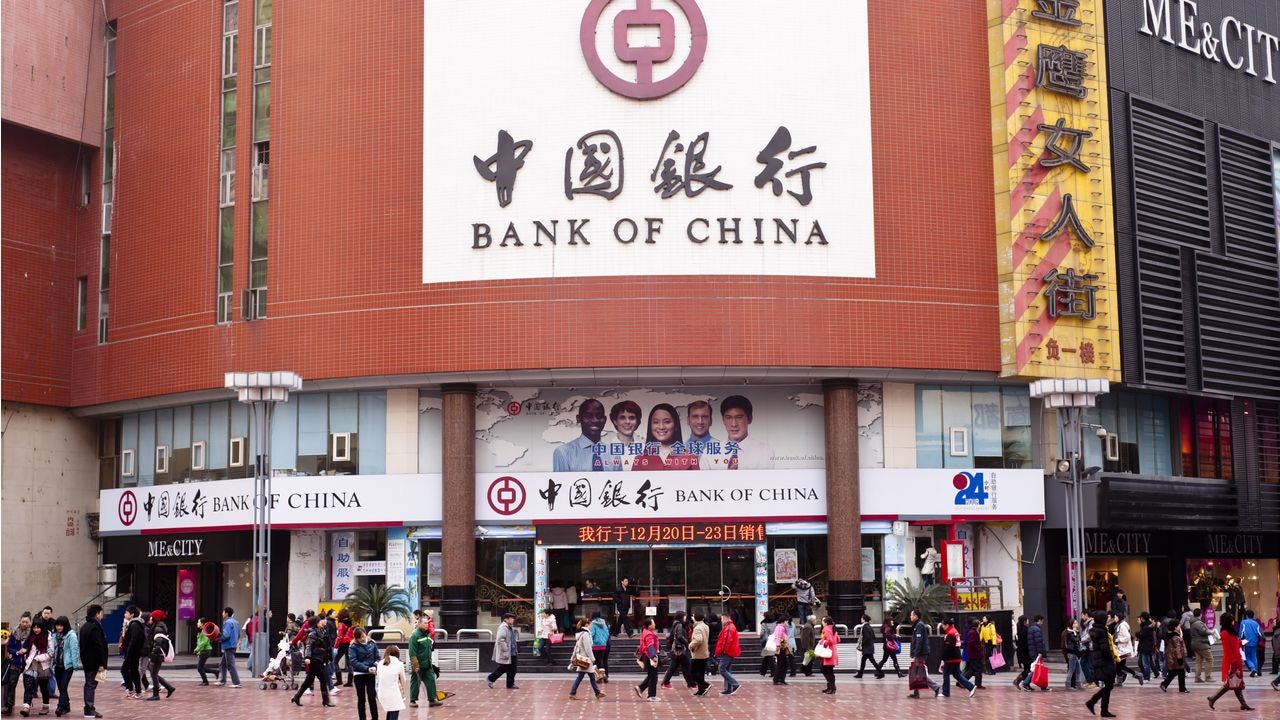What happened
Post-pandemic, China’s corporate bond defaults have been rising massively. Excessive corporate debt stands at 1.3 trillion of domestic debt owed over the next 12 months, says Bloomberg. In comparison, that is 30-percent more than what US companies owe.
In 2021, Chinese firms have so far failed to make payments on 15.5 billion (99.8 billion yuan) of onshore bonds, according to Bloomberg-compiled data. And most expect 2021 to be the country's fourth-straight year exceeding the 100 billion-yuan level.
The Jing Take
In 2020, Beijing shocked the world when it stopped short of saving some state-owned enterprises and its most distressed borrowers. The move was unprecedented considering that, until recently, defaults by local state-owned enterprises (SOEs) seldom happened.
“Policymakers are willing to draw a line in the sand between what is systemic and what is not,” Jean-Charles Sambor, head of emerging-market debt at BNP Paribas Asset Management, told Bloomberg. “They want to inject more credit risk in the system and change the mindset of investors, forcing them to look more at stand-alone credit risk rather than speculating on the likelihood of support from the central government.”
Tan Min Lan, Asia Pacific head of chief investment office at UBS Global Wealth Management, believes that the move will promote some performance “differentiation” in the Chinese market.
Yet, while Chinese authorities are signaling that they are more open to accepting defaults, the pandemic has wreaked havoc in the real estate and retail industries. Privately held Shandong Ruyi, known as the “LVMH of China” because of its massive acquisition spree, defaulted on two domestic yuan bonds in December. And the Fuzhou-based Tahoe Group Co, renowned for its luxury villas, “became the first large residential developer in China to default on a bond in five years,” according to Bloomberg Quint.
Coronavirus-era defaults and bankruptcy filings are surging globally, and investors are warning that industries like real estate and retail are particularly vulnerable. Even before the pandemic, retailers struggled to stay afloat because they failed to develop effective business strategies and understand new consumer habits. And even those who went into debt by restructuring support agreements have largely been destabilized, suffering immensely under the burden of lost assets.
Western retail companies shouldn’t underestimate the risks with cheap loans. In fact, they should learn an important lesson from China because a similar reckoning is already taking place in the US and the EU.
The Jing Take reports on a piece of the leading news and presents our editorial team’s analysis of the key implications for the luxury industry. In the recurring column, we analyze everything from product drops and mergers to heated debate sprouting on Chinese social media.

